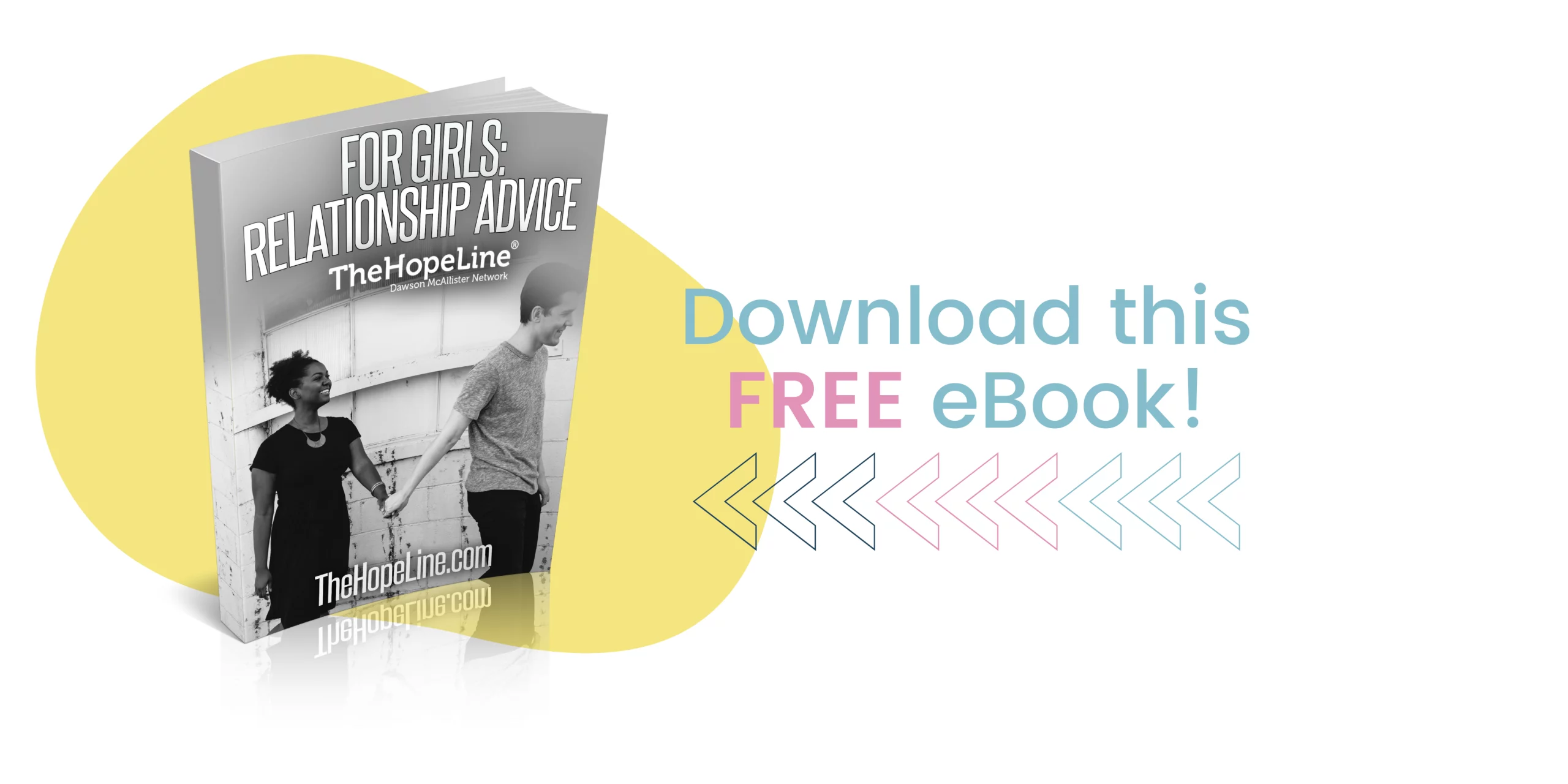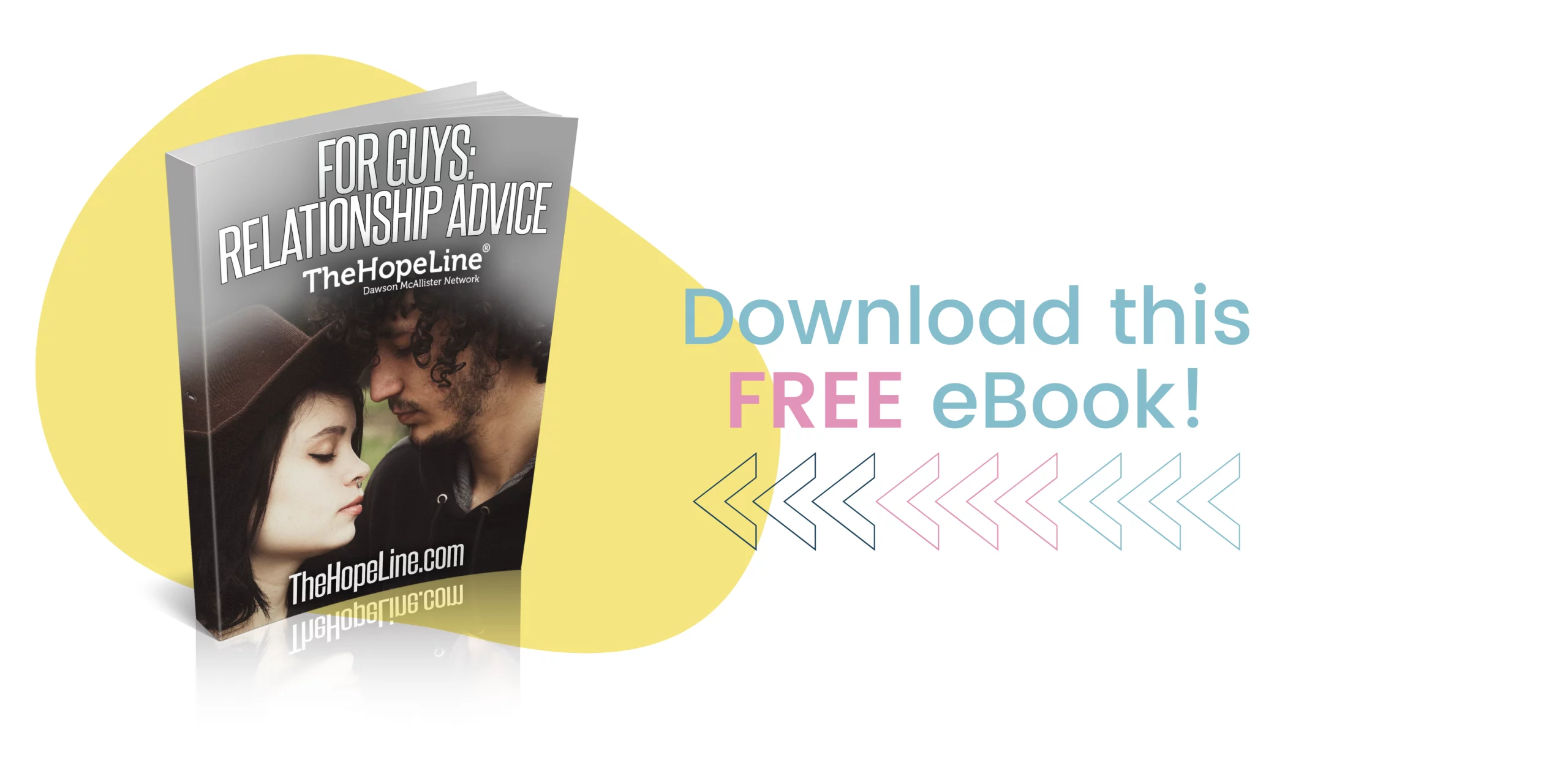Am I Dating a Narcissist?
Understanding the Signs of Narcissism and How They Affect You
We all struggle with being selfish from time to time, and we all want attention, affection, and praise. But someone who is narcissistic takes these traits to an unhealthy level. Narcissism is a difficult mental illness to diagnose and treat, because the narcissist themselves may not believe anything is wrong with how they are thinking and acting.
Having a relationship with a narcissist is not impossible, but because it is so difficult, you will likely feel healthier distancing yourself from narcissistic people. Knowing the signs of narcissism and understanding its impact in relationships might keep you from getting trapped in a toxic relationship.
If you are trying to understand whether or not you love a narcissist, pay attention to how the relationship makes you feel, and to their patterns of behavior. Here are some things to look for if you are wondering whether the person you love is a narcissist.
They Demand Praise
Desiring praise from people we care about is normal and talking about that need is a good thing to do. But when you're loving a narcissist, this gets twisted. You might notice that:
- They demand praise for everything, no matter how small.
- You feel like you can never disagree with or criticize them.
- When they don't believe they've received enough praise, they lash out.
- Their need for praise and attention seems constant.
- Compared to how often you praise them or give them attention, they rarely do the same for you.
This imbalance is a tough thing to live with. Since it feels like most narcissists always take and rarely give, many people don't stay in narcissistic relationships long-term.
They Drain You
As I've talked to people that come to TheHopeLine, I've noticed that people in relationships with narcissists often feel drained and exhausted. That's common in many unhealthy relationships, but it's particularly strong when you love a narcissist. If you are the one who is always told you have to give, always told you have to change, and always told you have to work harder, of course the relationship will be off-balance and exhausting.
You probably even start to dread getting their calls or spending time with them, because you have the sense that you never know what time, energy, or resources you'll have to give up next. On top of that, since they usually don't recognize when they're in the wrong, it may feel like there is no relief in sight. You can make choices to take care of yourself, and to make sure your needs get met. But those choices will likely include distancing yourself from the narcissistic person.
They Blame Everyone Else
Narcissists either cannot see, or refuse to see, their role in a relationship problem, fight, argument, or tough life situation. The narcissist you love will do things like:
- Blame their outbursts on a bad childhood, or someone else's failure in a previous relationship.
- Focus on your shortcomings, almost exclusively.
- Claim that no one understands them.
- Feel that everyone is out to get them.
- Make you feel forced to do the majority (or all) of the changing and "making up" after an argument or fight.
I want to remind you that relationships have two people in them. That means that, no matter what a narcissistic person says, they are not without blame. In fact, they are probably starting the majority of the conflicts you have due to their aggressive behavior.
You are only able to fix things you want to change about yourself. You cannot force a narcissistic person to take responsibility for their actions, or force the relationship to work. They have to be willing to put in the effort, too.
They Have Addictions
Narcissists very often live with addiction and substance abuse. They may be trying to hide or numb the pain of abuse they experienced. Or they may be chasing the pleasurable "highs" of addiction, which may make them feel "on top of the world", invincible, or in greater control of their lives and the relationships in them. Addiction adds another layer of struggle and frustration if you love a narcissist because:
- They become more aggressive and more difficult to deal with when they are using.
- They blow up when you try to ask them to get help and blame you for "hurting them" with that request.
- They do not believe the addiction is something they can change or control.
- They use the difficulty of the addiction, and the circumstances they blame for it, to get you to pity them.
- When they are demanding your pity, they will also continue to demand praise, attention, and affection.
It is hard to witness someone you care about enmeshed in an addiction. If they are seeking treatment, there are ways to support them without enabling their addictive behavior. But if they are not seeking treatment, don’t want treatment, or flatly refuse they have a problem, there is not much you can do to heal your relationship until they change their mind.
Their Affection Is Rare and Intense
The reason you are still in a relationship with a narcissistic person, even after all the painful ups and downs they put you through, is probably because of their rare, intense bursts of affection for you.
They might call you, their soulmate. They might say that they've never met anyone like you or tell you that it's the two of you against the world. While it is not impossible for a narcissist to be kind, I've learned from my years of counseling people that this kindness is often used as a tool to isolate and control. Does the person you're in a relationship with:
- Say these intensely affectionate things to you after you've hinted about leaving the relationship?
- Try to prevent you from being with friends and family because "they don't understand me or our relationship"?
- Lavish attention and affection after a fight or argument, but still refuse to apologize or admit wrongdoing?
If so, they are using this rare affection to try to maintain control in your relationship. It's really difficult to realize this is the case, and my heart goes out to you. But I also believe that people are worthy of mutually loving and caring relationships that don't feel forced, don't feel like an uphill battle, aren't manipulative and controlling, and aren't one-sided.
In fact, I believe God loves you unconditionally, and that He created you for a full life with meaningful relationships. I believe He will never abandon you. You can take the pain of your relationships to him in prayer, and He will comfort you. He has also given you other relationships and friendships that will not cause you so much pain, frustration, and suffering.
It will be difficult to end your relationship with a narcissist, or to put a lot more distance there (if it's a friendship or parent relationship that you want to try keeping in your life). But there are plenty of other people who want healthy friendships and relationships, and who will put in the time and effort to make things work.
You Feel Stuck in a Cycle
If you take a step back from your relationship with a narcissistic person, you will notice that what seems like a lot of ups and downs, or a lot of "hot and cold" behavior is actually a cycle of abuse. The reason a narcissistic person will "love bomb" you is that they're attempting to keep you in the relationship, so they will still have somewhere to put blame, and someone from whom they can demand praise.
And unless they are willing to see their wrongdoing and actively seek help, including being willing to separate themselves from you in order for you to heal, or for them to get the help they need, this dynamic will not change. But there is hope for you to break free. TheHopeLine has partnered with many abuse recovery organizations that have experience helping people heal after narcissistic abuse. And our HopeCoaches are trained to listen and help you find a path forward.
Talk to a HopeCoach today about finding safety and freedom from the narcissist in your life. We are here to help, and we believe you can do what you need to do to care for yourself.
If you were raised by a narcissist, you're not damaged goods. Healing after narcissistic abuse from the person who raised you is possible. Find out how here.




